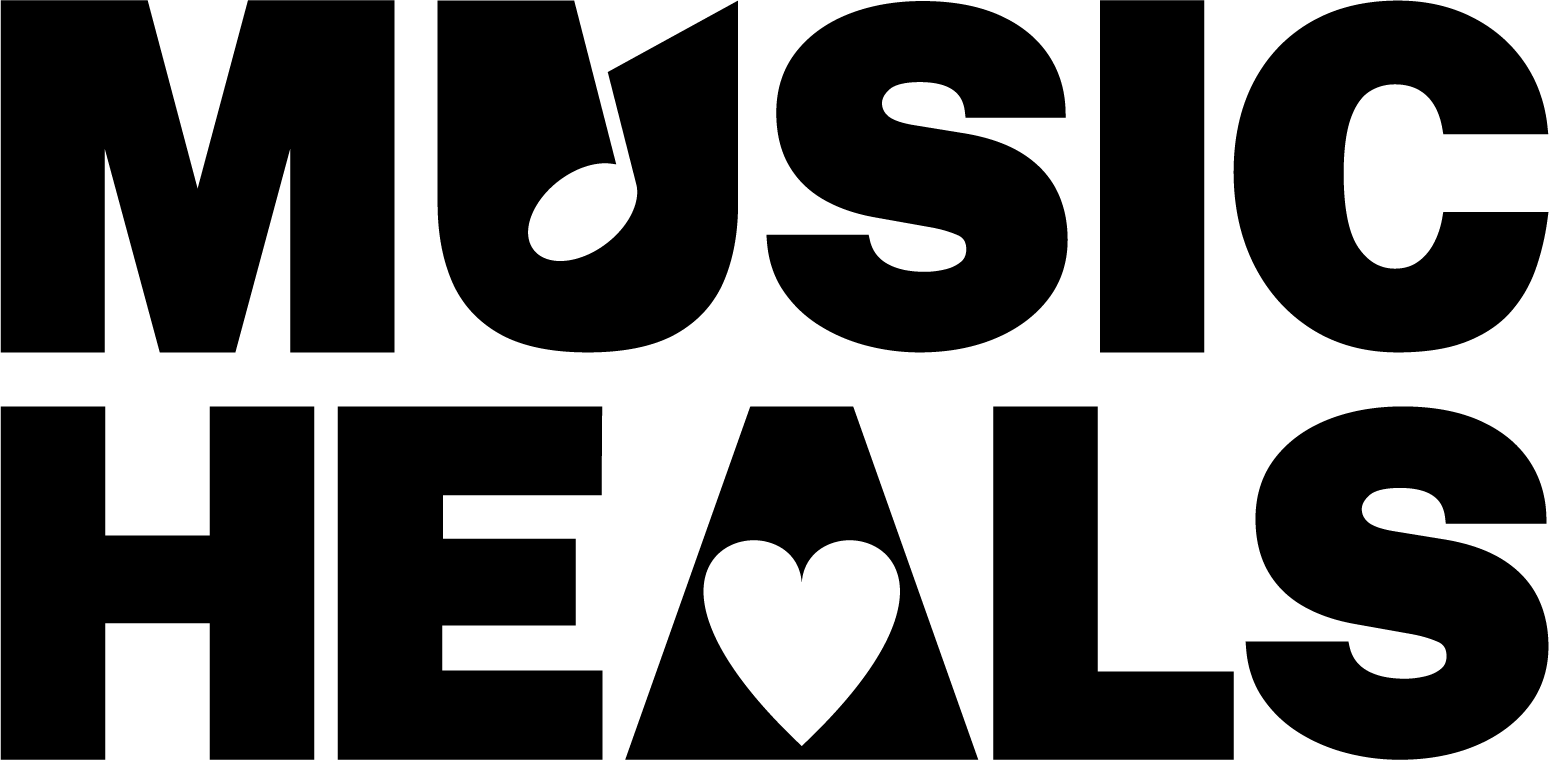Music therapy at Charlford House helps women overcome addiction
May 10, 2021

Addiction looks different on everyone. It’s different from any other disorder, and the course of treatment changes from person to person. One form of beneficial treatment is music therapy, which can target a range of physical and psychological health issues, such as chronic pain, depression, anxiety, PTSD, and bipolar disorder. It has an even bigger impact on those struggling with addiction because there are a wide range of underlying issues camouflaged by substance abuse. It is those underlying issues that can trigger withdrawal symptoms and cravings. Patients do not have to be musically gifted to receive the benefits from music therapy. All levels of musical talents and abilities can benefit, and participation in music therapy also increases the willingness to receive treatment and participate in the services provided for rehabilitation.
At Charlford House, with the help of an empathetic staff who have personal experience with substance abuse, and the music therapy program with music therapist Rebecca Barr, women who are ready to leave their addiction behind can finally begin the steps to do so. After losing many things that were important to her because of her addiction, Sarah* was finally able to reconnect with herself and open herself up to others through the music therapy program at Charlford House. During these one-on-one sessions funded by Music Heals, she realized she was able to face feelings of shame and the grief of her passed loved ones without having to use other substances to make her feel better.
Addiction looks different on women and men
Historically, men are more known to publicly struggle with substance abuse while women are better known to hide that reality of their lives. Because of this discrepancy and lack of knowledge about substance abuse in women, receiving treatment at a women’s facility proves to be more effective because extensive research is acquired to understand how women cope with addiction to develop an effective course of treatment for intervention.
Women are more likely led to substance abuse due to childhood trauma or grief, and it is often harder for them to acknowledge that as the route of the problem, because talking about trauma and grief can be traumatic in itself as well. Trauma, grief, and mental health disorders are underlying problems behind the substance abuse that can be targeted through music therapy. If mental health issues are not properly acknowledged in the process of intervention, relapse becomes more likely in the future because they have not been given the right tools to cope with triggers and overwhelming emotions.
Women who struggle with substance abuse also live with a higher risk of violence and abuse, especially if their addiction has cost them their family, home, and job. Reports from Addiction Center have shown that around 50 to 60 percent of homeless women suffer with mental health issues, which contributes to the one-third of homeless women turning to substances and therefore becoming more susceptible to multiple forms of abuse.
Music therapy tackles more than addiction
Mental health issues and trauma are usually a driving force towards substance abuse and neglecting to tackle those interpersonal problems will only cause triggers to arise again. Music therapy helps by bringing up feelings of self-worth, identity, and purpose. Music directs roaming thoughts to more positive thinking and gives idle hands something to do, distracting people with addictions from the cravings and urges. Music can be a motivating force for them to reach goals and perform daily tasks. And since music directly impacts people’s emotions, it can also keep them from having self-deprecating and shameful thoughts.
The effects can increase energy and motivation to be able to perform daily tasks, allowing them to feel productive and giving them a purpose. Depending on the music, it can make people happy or sad. And because those feelings are often suppressed by substance use, finally being able to face those feelings can be very therapeutic and healing.
For Sarah’s recovery, working through the numbness that the addiction provided to keep her sheltered from her difficult emotions was what finally allowed her to feel joy and peace. Music therapists can help patients by using music in ways to target specific goals in the healing process and form a line of communication that some patients may be more comfortable with. Because talking about grief and trauma can be so hard, the inability to do so can set people back in their recovery. However, through music therapy, women can learn how to communicate and express their difficult feelings. Music is an unfiltered outlet to discuss emotions that they might feel too guarded to discuss.
Music therapy offers a wide range of exercises to maximize concentration, communication and sense of control, such as therapeutic drumming, playing an instrument, writing lyrics, composition, performance, or listening for analysis purposes. All these exercises are successful in achieving a new level of vulnerability and open patients up to social interaction, increasing self-esteem, and improving memory. These exercises are also related to positive emotional changes in patients, and can decrease feelings of anxiety, depression, anger, and stress that come with repeated relapses or struggles with home life or work.
Music therapy has been shown to bring comfort to patients with life-threatening illnesses and life changing benefits from childhood. Substance abuse disorder needs the same restorative and healing benefits as any other disorder that may be life threatening, because addiction is life threatening too. Music therapy programs such as the one at Charlford House can provide people with addictions tools to be able to manage their disorder in a healthy way and lead them towards a path of recovery that helps them stay on track.
*Name changed to protect client’s privacy.
_______________________________________________________________________________
Written by Natalia Ortiz




